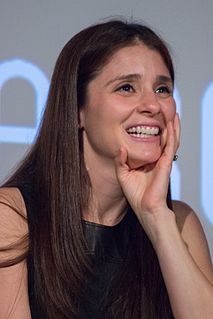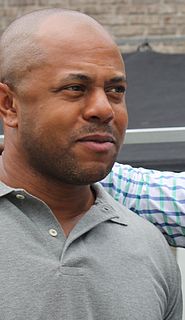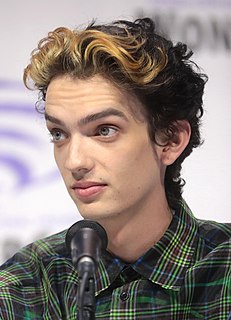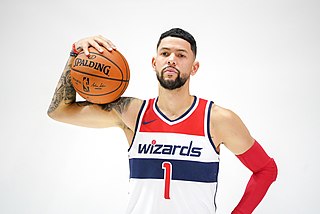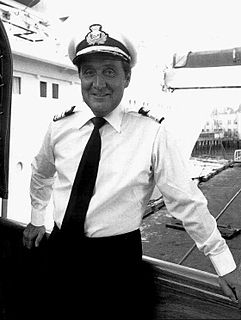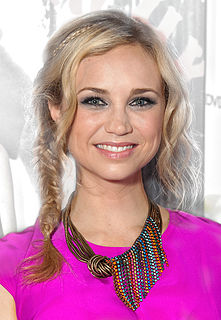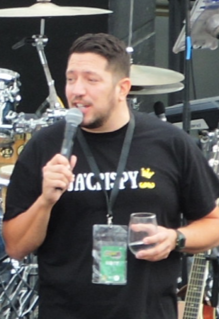A Quote by John Oliver
I'm not really much of an actor, so when I started on 'The Daily Show', I was just trying to adopt the faux authority of a newsperson.
Related Quotes
As an actor, you don't really have a say or a voice in what the conversation of the show is going to be. So, as an actor, I'm just trying to make sense of why the character is making these choices, and somehow, in that way, you can sympathize or root, at least not detest, what this person is doing. That's, at least, my job in telling that story.
I'm not really sure if I have anything that inspires me. I think what goes into my work is everything beforehand that I do with my dad. He teaches me acting, and I think maybe without him it would be pretty hard. I started acting for fun, really, because my dad's an actor and my sister's an actor, so I started doing it and it was normal. But it got places really fast, and I started doing feature film auditions and stuff.
When someone who is known as a comedic actor goes to drama, it often doesn't work out, because they really just chose wrong, I think - or maybe they're just not good actors. For me it's important making that transition seamless, and not a huge shock and jumping into cold water. It doesn't feel like I'm trying to shock you or anything. I'm just saying, "I'm a different actor than you thought I was. Don't put me in a box. I'm not just some kid running around screaming curse words." I have other tastes besides comedy. I love comedy, but I love dramatic movies just as much.
Sometimes perception is almost more important than the skill level of an actor. And if you give too much away, you have nothing to take for yourself and put onscreen. If people feel like they know you too well, they won't be able to indentify with the character you're trying to portray. Or they'll feel that you're just playing yourself, and then you just become a personality actor. And that's the death of any actor.


